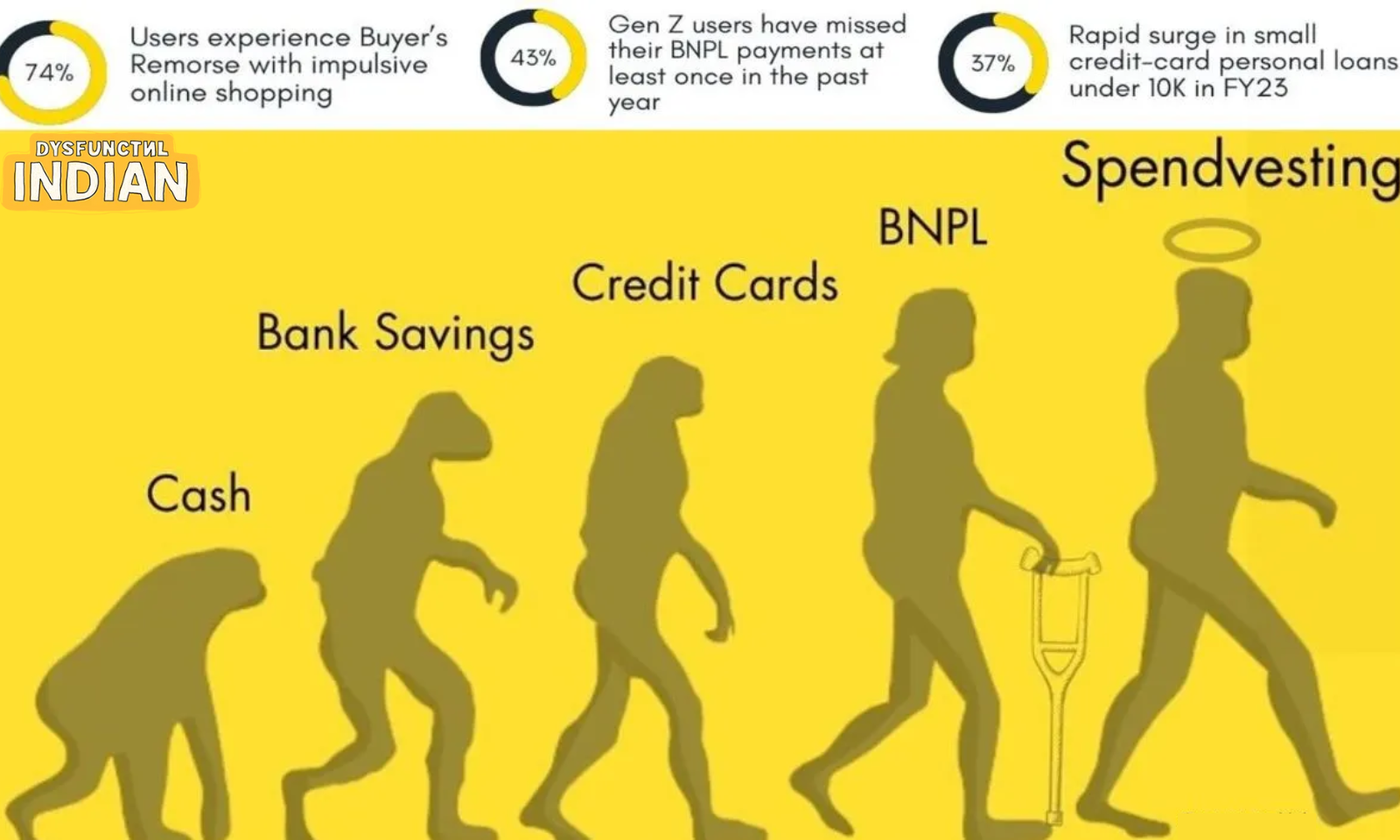Google Settles the Lawsuit over Privacy Violations
Posted by admin on 2024-01-02 |
Search
engines have extensively tracked user behavior to facilitate personalized
content and targeted advertising, which has become a significant revenue source
for various online platforms. However, rising privacy concerns have prompted
users to demand greater control over tracked data and ethical use of personal
information.
· A class action lawsuit was initiated against Google for allegedly secretly tracking the internet activities of millions of users who believed they were browsing privately.
·
Despite Google's claim of reaching a
settlement, the lawsuit was temporarily put on hold by US District Judge Yvonne
Gonzalez Rogers in a California court.
Settlement Details
Judge Rogers had previously denied Google's
attempt to dismiss the case, expressing doubt that users had provided consent
for the collection of their browsing information. While the specific terms of
the settlement remain undisclosed, the class action sought a minimum of $5
billion, equivalent to over ?41,000 crore. Google's legal representatives
stated that they had agreed to a binding term sheet through mediation, with
plans to submit a formal settlement for court approval by February 24, 2024.
The lawsuit against Google included
accusations of tracking user data, even in Incognito mode, without their
knowledge, utilizing tools such as Google Analytics, cookies, and apps.
Incognito mode, promoted as a "private" browsing feature by Google,
assures users that their browsing history will not be tracked by cookies.
History of the Lawsuit
Filed in 2020, the lawsuit covered
"millions" of Google users from June 1, 2016, onward, seeking a
minimum of $5,000 in damages per user for alleged violations of federal
wiretapping and California privacy laws.
The individual who initiated the class action
alleged that Google accessed his private data through Incognito mode to tailor
content based on his preferences. Despite Google's attempt to have the lawsuit
dismissed, the judge rejected the request. The lawsuit contended that Google's
actions transformed the company into an "unaccountable trove of
information," allowing it to gather details about users' friends, hobbies,
favorite foods, shopping habits, and potentially embarrassing online searches.
· Judge Rogers, after considering arguments, noted the open question of whether Google had made a legally binding commitment not to collect user data during private browsing.
·
The judge referred to Google's privacy policy
and other company statements suggesting limitations on the information it might
collect.
Not the First Time
This is not the first instance in which
Google has had to agree to a settlement to address its unethical practices.









